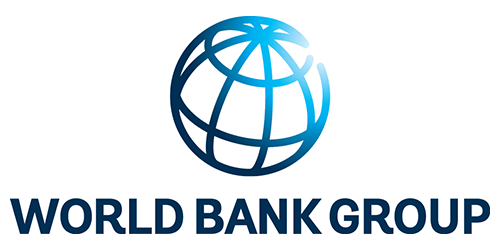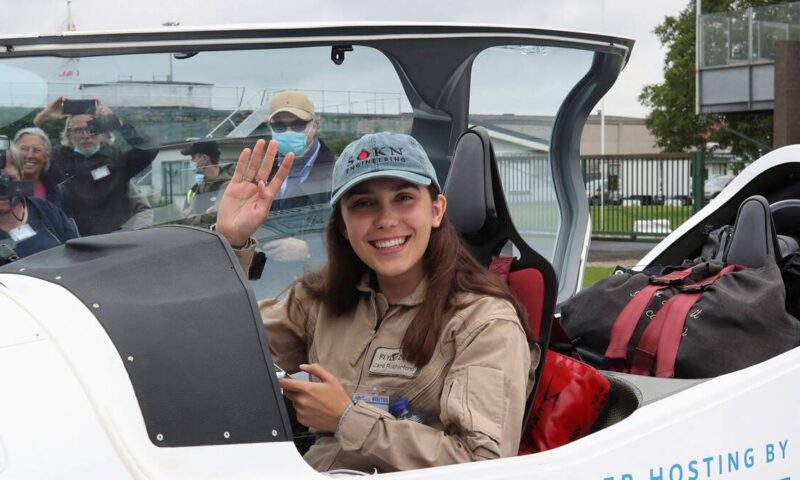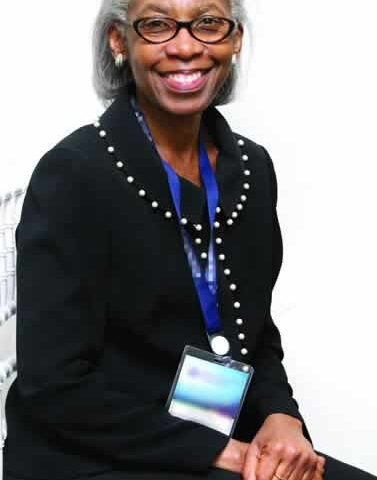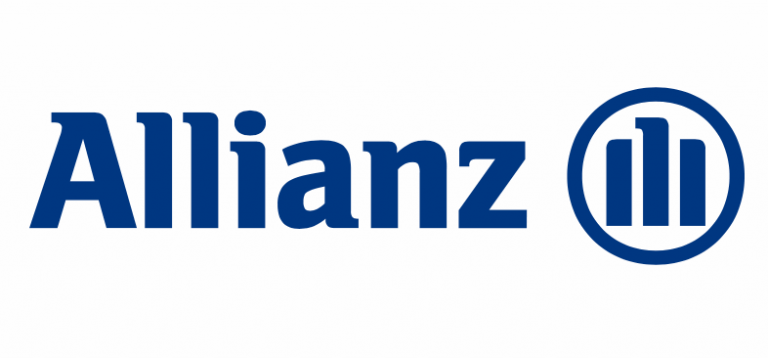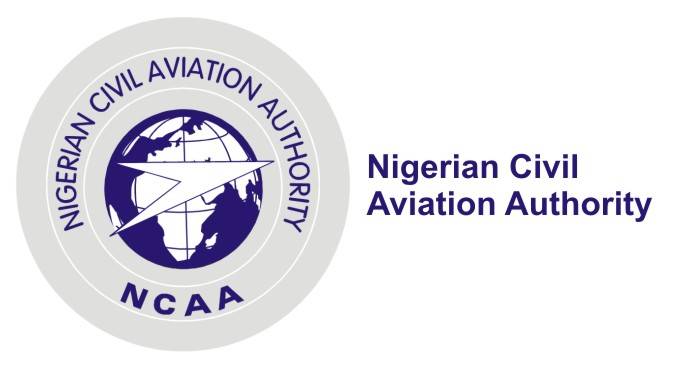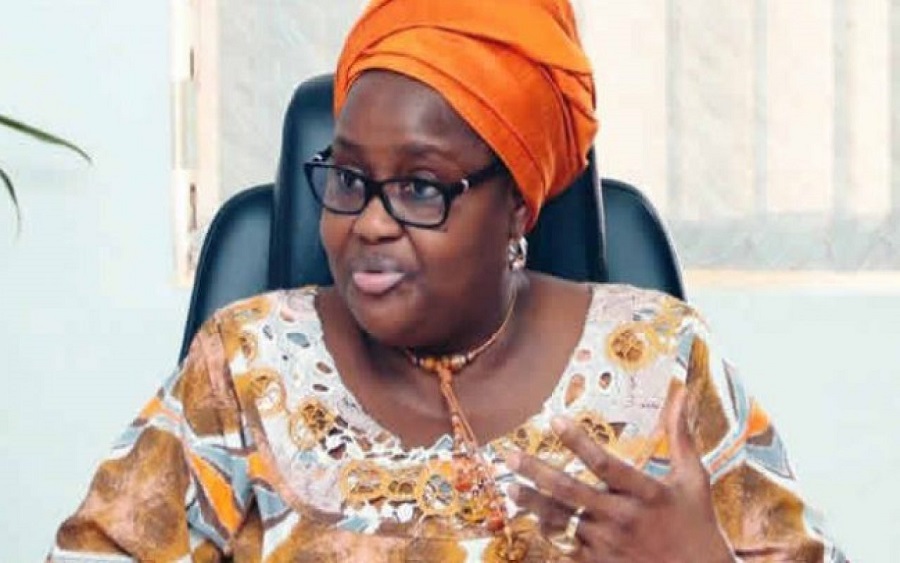2022 International Day of Education: looking back and leading forward in post-COVID19 learning recovery
, which at the peak of school closures disrupted learning of more than 1.6 billion children and youth across the world. We are living a “crisis within a crisis”.
Back in January 2021, we commemorated the day with a blog by World Bank Managing Director Mari Pangestu: “Harnessing the promise of innovation in education“ in which she sounded the alarm on the impacts of the unfolding crisis and highlighted the opportunities offered by innovative approaches to delivering remote education during the pandemic. A related feature story: Urgent, Effective Action Required to Quell the Impact of COVID-19 on Education Worldwide – already then, was pointing to the huge potential learning loses and calling for urgent action to address these impact and invest in building back more effective, equitable and resilient education systems.
By the end of 2021, the evidence of the unprecedented magnitude of the COVID-19 pandemic-inflicted education crisis was undisputable. In our joint State of the Education Crisis Report, with UNESCO and UNICEF, we updated our estimates of the economic costs of learning losses: this generation stands to lose $17 trillion in lifetime earnings (in present value) or about 14 percent of today’s global GDP, due to COVID-19 pandemic-related school closures and the economic shocks. This new projection far exceeds our $10 trillion estimates released in 2020. Moreover, in low- and middle-income countries, the share of children living in Learning Poverty – already 53 percent before the pandemic – could reach 70 percent given the long school closures and the ineffectiveness of remote learning to ensure learning continuity for young children. The latest data also points to an inequality catastrophe in the making: across generations, socio-economic groups, locations, and across countries.
A chorus of voices internationally is sounding the alarm for policy makers to act now and decisively. At the end of 2021, the outgoing UNICEF Head, Henrietta Fore, and World Bank Group President, David Malpass uttered a powerful message to reverse the pandemic’s education losses, and highlighted that .
We enter the third year of the pandemic armed with new data and lessons on how countries are ensuring learning continuity and recovery in the midst of the spread of the highly contagious Omicron variant, along with updated guidance and tools for: reopening and keeping opened schools safely, making remote learning more effective, measuring learning loss and assessing learning remotely, supporting teachers, and for developing and implementing robust evidence-based and inclusive learning recovery plans. Our education team, in collaboration with several partners, has been actively contributing to the global knowledge base in this area. Below is a very selected compilation of links to these resources.
As our teams and policy makers leverage this knowledge to implement aggressive measures to bring all students back to school and roll out ambitious learning recovery programs, we cannot forget to listen to the advice and lessons learned shared by learners themselves. Last year over 400 high school students from 62 countries across every continent, from various social, cultural and economic backgrounds, told us about their experience learning during COVID-19 and shared their ideas on how to improve the learning experience. Once again, we want to hear from you.
Meanwhile, let me share my own takeaways on what it takes to recover from this crisis and rebuild back better, effective, equitable and resilient education systems:
- In order realize the future of learning where learning does not stop at the school walls, we need to be guided by the fact that children learn best when they experience joy, rigor, and purpose in the learning process. Resilience and equity in education are two sides of the same coin. Remote education needs to harness the power of connectedness and meaningful two-way interactions between teachers and learners, and need to engage and support parents as partners to ensure both continuity of learning and children’s socioemotional well-being, especially in the early years.
- While not a magic bullet, education technology can be an effective tool to expand access to learning both inside and outside of the classroom, building more resilient systems that personalize learning at and beyond the school. To realize this potential, investments in EdTech need to be embedded in broad, sustainable policies and programs that enable schools and education systems to accelerate learning, with a ruthless focus on equity. Digital learning must serve as the great equalizer, rather than what it has been: a great divider.
- All efforts should aim at enhancing the effectiveness of teachers, through constant and effective feedback on how to improve their pedagogy, structured lesson plans, and strategies to nurture socio-emotional skills and to assess learning in the classroom. This support should include expanding their access and capacity to utilize technology, including technical and pedagogical competencies needed for effective remote teaching.
- We need to end the learning data crisis. Collecting data and building national capacity to assess that learning is actually happening and monitor progress, understand the drivers of learning and improve management and delivery through feedback mechanisms.
- As countries use data and evidence to design more effective policies, they also need to strive to invest and get better in the capacity to implement them and deliver services, while leveraging partnerships. Without good implementation, good policies will remain as good intentions. Local capacities need to be harnessed through cooperation across all levels of government as well as partnerships between the public and private sector.

